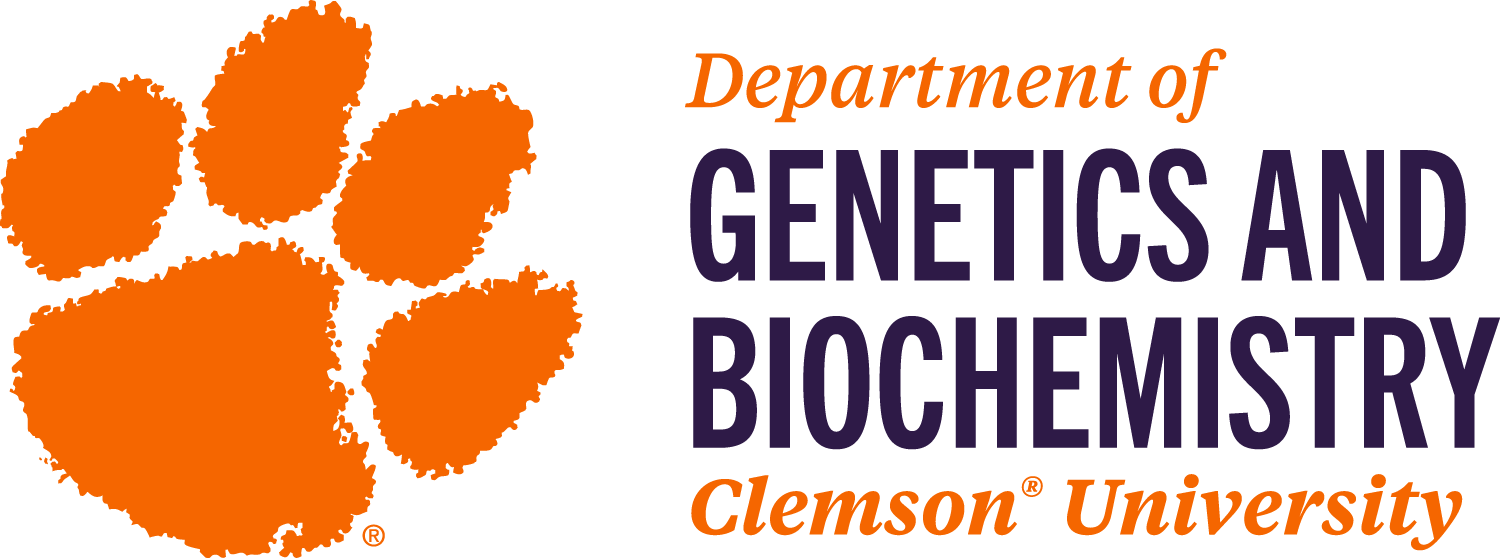Profile
Lukasz Kozubowski
Genetics and Biochemistry
Associate Professor
864-656-1406
Life Sciences Building 255A [Office]
Life Sciences Building 260D [Lab]
Life Sciences Building 266 [Lab]
Educational Background
Ph.D., Biochemistry and Molecular Biology, Louisiana State University Medical Center, 2004
MS, Pharmacy, Medical University of Warsaw, 1996
Research Interests
Microbial pathogens utilize a variety of strategies to facilitate survival in the infected host. One of the most important mechanisms is the ability to respond to stress and adapt to an adverse host environment. Therefore, inhibiting stress response pathways constitutes a promising antimicrobial therapy.
We study a human fungal pathogen Cryptococcus neoformans to understand the mechanistic cellular processes used by pathogenic microorganisms to allow survival in the infected host. C. neoformans is a major opportunistic fungal pathogen worldwide and a leading cause of morbidity and mortality in AIDS patients. In addition, the sibling species, Cryptococcus gattii is responsible for the recent outbreak of fungal-caused meningitis in the Pacific north-west of the U.S.
Our work with C. neoformans has led us to hypothesize that this pathogen has evolved unique pathways to control cell division in a manner that allows it to survive within a human host. Testing this hypothesis would provide insights into how eukaryotic pathogens adapt to the host environment and could potentially reveal new targets for therapeutic interventions. In addition, our research will lead to an improved understanding of the evolutionary events that have resulted in alternative mechanisms of mitosis. My research program has the following three main aims: 1. Explore molecular basis for stress-induced changes in ploidy in C. neoformans, 2. Explain the intriguing interconnection between cytokinesis, endocytosis, and stress response in C. neoformans, 3. Elucidate the function of septins, filament forming GTPases, in stress response and pathogenicity of C. neoformans.
Courses Taught
Introduction to Genetics - GEN3020/3020H
Molecular Genetics Lab - GEN3030
Directed Research - GEN4910
Senior Seminar - GEN4930; BCHM4930
Principles of Molecular Biology - GEN8100
Study Abroad Summer Program: General Microbiology MICR3050/51; International Studies IS2100
Selected Publications
1. Martinez Barrera S, Kozubowski L. Beyond division and morphogenesis: Considering the emerging roles of septins in plasma membrane homeostasis and cell wall integrity in human fungal pathogens. 2025, PLoS Pathog 21(6): e1013226. https://doi.org/10.1371/journal.ppat.1013226
2. Kozubowski L, Berman J. The impact of phenotypic heterogeneity on fungal pathogenicity and drug resistance. FEMS Microbiol Rev. 2025 Jan 14;49:fuaf001. doi: 10.1093/femsre/fuaf001. PMID: 39809571; PMCID: PMC11756289.
3. Martinez Barrera S, Hatchell E, Byrum SD, Mackintosh SG, Kozubowski L. Quantitative analysis of septin Cdc10 & Cdc3-associated proteome during stress response in the fungal pathogen Cryptococcus neoformans. PLoS One. 2024 Dec 17;19(12):e0313444. doi: 10.1371/journal.pone.0313444. PMID: 39689097; PMCID: PMC11651612
4. Stempinski PR, Goughenour KD, du Plooy LM, Alspaugh JA, Olszewski MA, Kozubowski L. The Cryptococcus neoformans Flc1 Homologue Controls Calcium Homeostasis and Confers Fungal Pathogenicity in the Infected Hosts. mBio. 2022 Sep 28:e0225322. doi: 10.1128/mbio.02253-22. Epub ahead of print. PMID: 36169198.
5. Dyl?g M, Colón-Reyes RJ, Loperena-Álvarez Y, Kozubowski L. Establishing Minimal Conditions Sufficient for the Development of Titan-like Cells in Cryptococcus neoformans/gattii Species Complex. Pathogens. 2022 Jul 5;11(7):768. doi: 10.3390/pathogens11070768. PMID: 35890013; PMCID: PMC9322185.
6. Peng CA, Altamirano S, Paladugu N, Crowe LP, Aboobakar IF, Chandrasekaran S,
Kozubowski L. Role of the anillin-like protein in growth of Cryptococcus neoformans at human host temperature. Fungal Genet Biol. 2022 May;160:103697.doi: 10.1016/j.fgb.2022.103697. Epub 2022 Apr 23. PMID: 35472450.
7. Stempinski PR, Zielinski JM, Dbouk NH, Huey ES, McCormack EC, Rubin AM, Chandrasekaran S, Kozubowski L. Genetic contribution to high temperature tolerance in Cryptococcus neoformans. Genetics. 2021 Mar 3;217(1):1-15. doi: 10.1093/genetics/iyaa009. PMID: 33683363.
8. Dyl?g M, Leniak E, Gnat S, Szepietowski JC, Kozubowski L. A case of anti- pityriasis versicolor therapy that preserves healthy mycobiome. BMC Dermatol. 2020 Sep 29;20(1):9. doi: 10.1186/s12895-020-00106-x. PMID: 32993612; PMCID: PMC7526128.
9. Dyl?g M, Colon-Reyes RJ, Kozubowski L. Titan cell formation is unique to Cryptococcus species complex. Virulence. 2020 Jan 1;11(1):719-729. doi: 10.1080/21505594.2020.1772657. PMID: 32498590; PMCID: PMC7549989.

